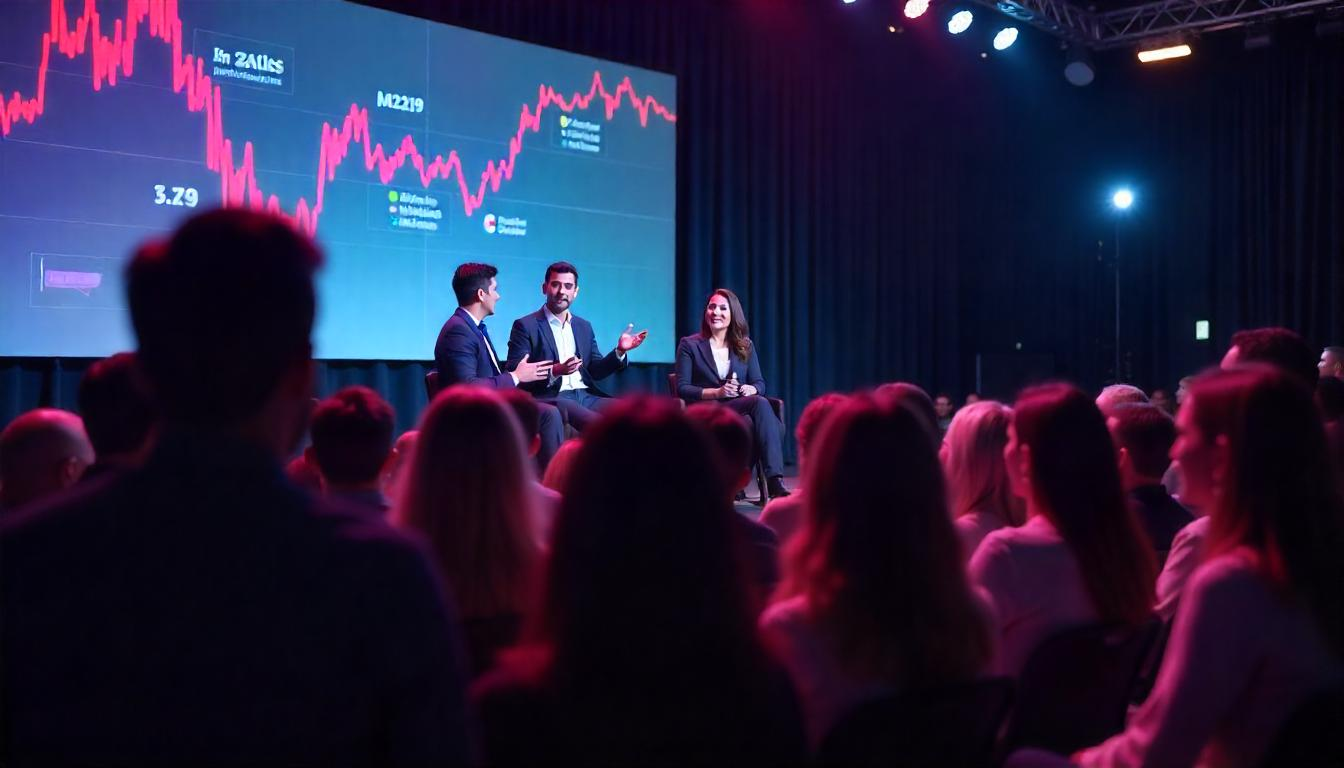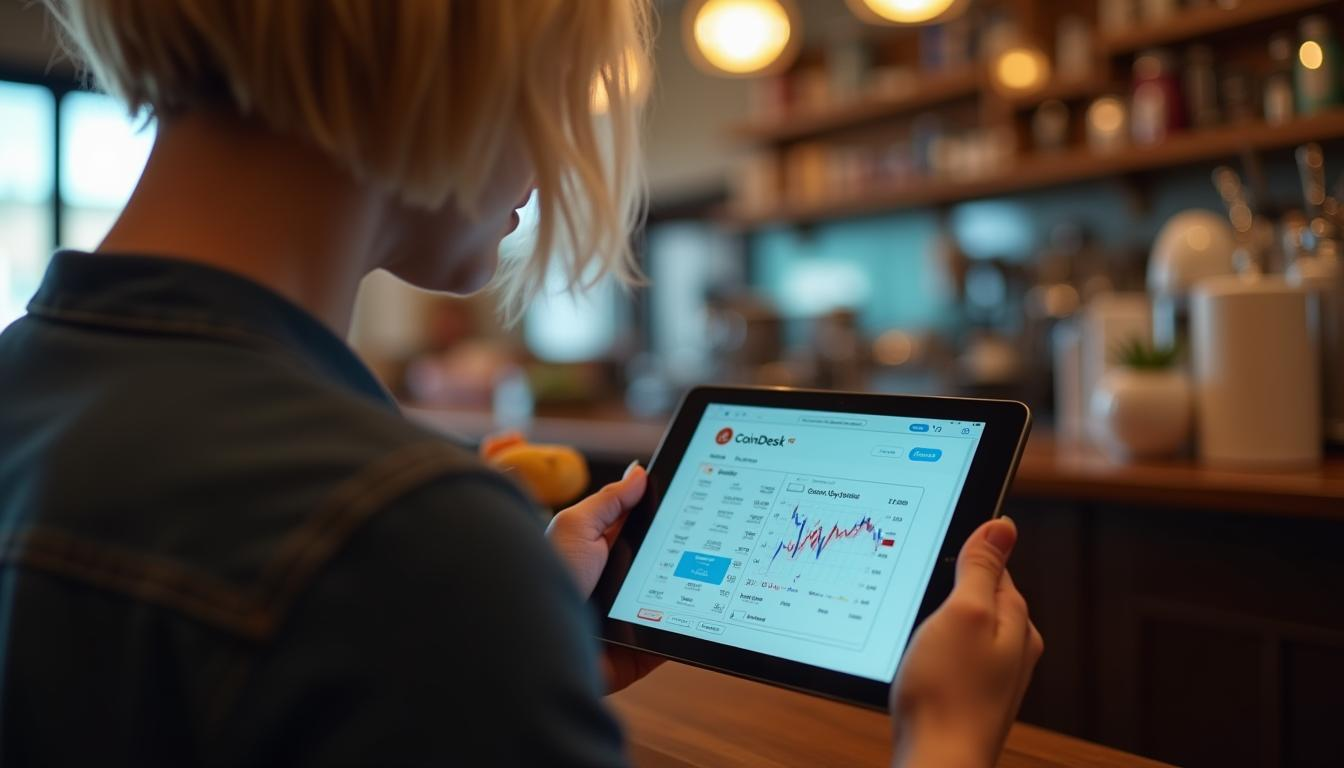Polymarket, the crypto-based prediction platform known for outperforming traditional bookmakers in several high-profile events, saw its reputation take a hit after bettors failed to predict the outcome of the recent papal conclave. The surprise selection of Robert Francis Prevost as pope caught many off guard, as he was not considered a top contender by the Polymarket community.
Before the conclave, bettors gave the U.S.-born cardinal only a 1% chance of becoming pope. In contrast, Cardinal Pietro Parolin, the favorite, was given a 28% chance by the market. With more than $28 million wagered on other candidates, this outcome caused significant losses for many Polymarket users.
This event raises questions about the accuracy of crypto-based prediction platforms like Polymarket, particularly when compared to more traditional polling and betting methods.
Polymarket operates on a user-driven model, where the odds are determined by the amount of money wagered on a particular outcome. As demand increases for a specific candidate, the odds shift accordingly. This approach allows for a dynamic and real-time reflection of market sentiment, with no involvement from traditional bookmakers who typically set odds based on extensive research.
Polymarket gained significant attention in 2020 when it correctly predicted many of the outcomes in the U.S. presidential election, often outperforming traditional polls. Experts noted that the platform’s decentralized nature allowed it to tap into insights from a wide variety of sources, giving it a potential edge in forecasting election outcomes.
However, the papal conclave is a much rarer and less predictable event, which seems to have stumped Polymarket bettors. Domer, a prominent pseudonymous bettor on the platform, explained that forecasting such events is challenging due to the lack of accessible information. “It’s like trying to predict a mystery. Even those directly involved in the process have little insight,” he said.
Given the secrecy surrounding papal elections, many Polymarket users may have defaulted to following traditional media and betting markets for guidance, which could explain the inflated odds on candidates like Parolin and Tagle. These odds were likely influenced by media coverage and public perception, rather than any concrete data or insider knowledge.
Additionally, the rarity of papal conclaves—this was the first since Pope Francis was elected in 2013—meant that bettors had little historical context to guide their predictions. Political elections, in contrast, are far more frequent and easier to predict due to their visibility and the wealth of information available.
Domer suggested that the real opportunity in betting on rare events like papal conclaves may lie in betting against the favorites. “The odds for Parolin and Tagle were overpriced, mainly due to their popularity in the media. They were not necessarily the best candidates,” he explained.
In the end, the papal conclave outcome serves as a reminder that while platforms like Polymarket can be highly accurate for certain types of events, they may struggle with highly secretive and unpredictable ones. This failure casts a shadow over the platform’s reputation and raises doubts about its ability to reliably predict rare occurrences in the future.





